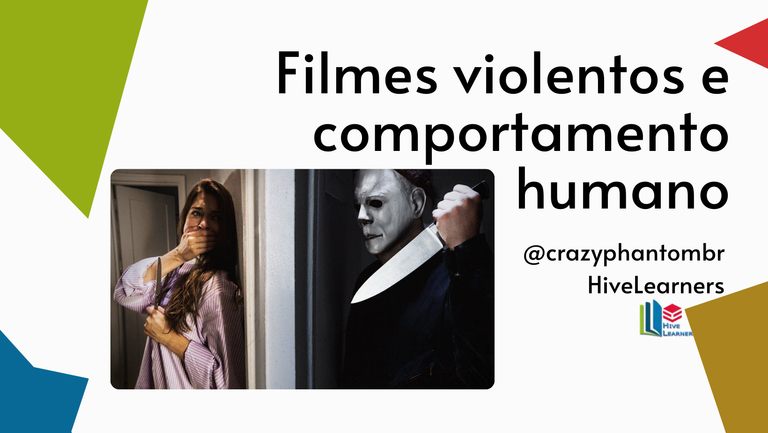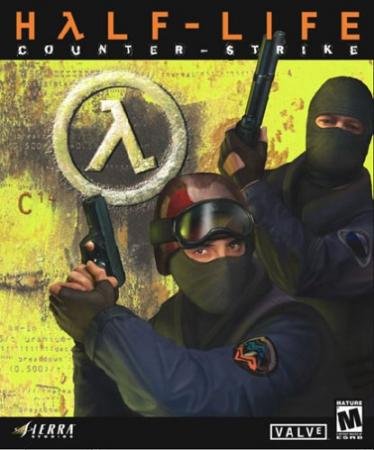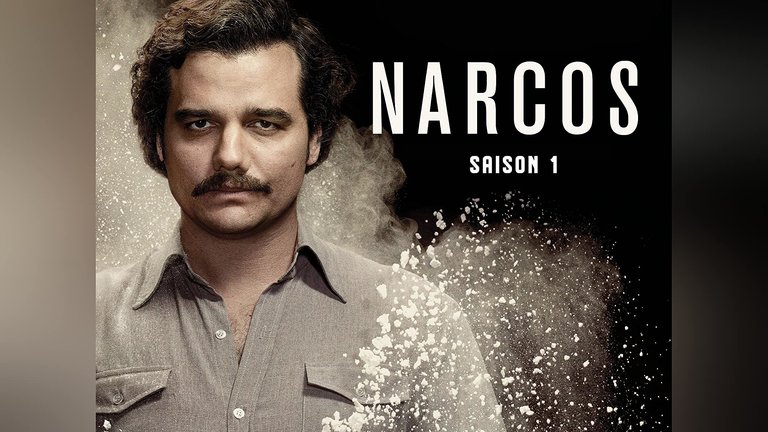
EN by AI / PT-BR below
Image Source
To my always dear friends of the HiveLearners community, my warmest greetings!
It’s not a recent discovery that violent games, brutal movies, and any kind of unsettling art have a bad reputation in society as a whole. Often seen as a culture of degenerates, it’s easier to submit to the collective consciousness and avoid the discussion.
But does consuming violent content truly spark violence?

Violence in Games
In countries like the U.S. and South Korea, we are aware of movements aiming to restrict (or regulate) games, claiming they contribute to aggressive behavior in young people. According to an investigation by the Brazilian magazine SuperInteressante, to which I subscribed for many years and still have some access, studies used to support this logic are questionable. In other words, they do not follow the necessary rigor and cannot be called scientific.
Ignoring flawed studies, the indication of
a relationship between violent games and aggression
varied between 0% and 2.5%.
Source: SuperInteressante
In Brazil, the current trend that advocates for cleaning up the blood on the screens attacked the gaming market and managed to block the sale of famous games worldwide. Counter-Strike was certainly an international phenomenon, and it was no different in Brazil. However, with the ban on sales in official stores, piracy was the only means left to spread the game across the country!

Counter-Strike: banned for sale in Brazil in 1999 / Source
Not much different, the society that couldn’t stand seeing its elite youth playing violent simulators has been quite permissive when it comes to the seventh art. In Brazil, there is a content classification system in place, warning parents or guardians before each attraction, indicating the minimum recommended age for the audience. This does not prevent unsupervised children or those with negligent parents from accessing inappropriate content, but at least it highlights the importance of supervision. A notable TV series that became very popular is Narcos. Narcos: a success in violence and drugs / Source
This series was critically acclaimed, and many Brazilians watched it with a strong attachment to the most famous narcotrafficker in Latin America. There’s some explanation for that, but it’s hard to understand for those who didn’t follow the show. First, at no point is it hidden that we are dealing with murderers and traffickers, so you don’t feel deceived. Then, it is shown that there were many social actions, such as distributing money and aid to the poor population, which can be seen as the traffickers filling the role of the state. Moreover, there is a narrative constructed by the media, romanticizing the plot of the entire series. In other words, it is intentional that you feel some affinity for the bandits. I watched the series and must confess that I really enjoyed it, and I was rooting for the trafficker. My support was probably due to the fact that if he "died," the series would end. But I can’t say for sure. The important thing is that I am not a trafficker, nor do I have murderous intentions. It was all just fantasy, and I do not believe it affected my personality in any way. I don’t believe there is any connection between watching violent content and people's behavior, although I agree that when it comes to small children, we must be mindful and limit access to sensitive content at the discretion of parents! And you, what do you think? EN by IA/ PT-BR abaixo Aos meu sempre amigos da comunidade HiveLearners, minhas melhores saudações! Não é de hoje que sabemos da má fama que jogos violentos, filmes brutais e qualquer tipo de arte desconcertante tem perante a sociedade como um todo. Visto como cultura de degenerados, muitas vezes é mais fácil se submeter ao consciente coletivo e evitar a discussão. Mas será mesmo que consumir conteúdo violento faz desabrochar a violência? Em países como EUA e Coréia do Sul, já sabemos de movimentos visando restringir (regulamentar) os games, sob argumento de que contribuem para o comportamento agressivo de jovens. Segundo investigação da revista brasileira SuperInteressante, da qual fui assinante por muitos anos e ainda tenho alguns acessos, estudos usados para subsidiar essa lógica são questionáveis. Ou seja, não seguem o rigor e não podem ser chamados de científicos. No Brasil, a corrente que defende a limpeza do sangue nas telas atacou o comércio de games e conseguiu bloquear a venda de games famosos no mundo inteiro. Counter-Strike certamente foi um fenômeno internacional e não foi diferente no Brasil, porém com a proibição da venda nos comércios oficiais, restou a pirataria para difundir o game por todo país! CounterStrike: venda proibida no Brasil em 1999 / Source
Não muito diferente, a sociedade que não suportou ver seus jovens de elite jogando simuladores violentos, tem sido muito permissiva quando o assunto é a sétima arte. Aqui no Brasil está em vigor um sistema de classificação de conteúdos que alerta os pais ou responsáveis antes de cada atração, indicando a idade de mínima indicada para a plateia. Isso não impede que crianças desacompanhadas ou com pais negligentes tenham acesso ao conteúdo impróprio, mas ao menos destaca a importância desse acompanhamento. Uma série televisiva notável fez muito sucesso é Narcos. Narcos: sucesso de violência e drogas / Source
Essa série foi muito aclamada pela crítica e muitos brasileiros assistiram com um sério apego ao narcotraficante mais conhecido da América Latina. Isso tem algum tipo de explicação, mas é muito difícil entender para quem não acompanhou o show televisivo. Primeiro que em nenhum momento foi ocultado que trata-se de assassinos e traficantes, então você não se sente enganado. Depois, é exibido que existiam muitas ações sociais, como distribuição de dinheiro e assistência para a população pobre, o que pode ser visto como o tráfico ocupando o lugar do estado. E também, existe uma história construída pela mídia para ser o roteiro romantizado de toda essa obra. Ou seja, é proposital que você tenha alguma afinidade com a bandidagem. Assisti a série e confesso que gostei muito, e torci pelo traficante. Provavelmente minha torcida tem sido pelo fato de que se ele "morresse" a série acabaria. Mas não posso afirmar. O importante é que não sou um traficante, e nem tenho intenções assassinas. Isso tudo não passou de fantasia e de forma alguma vejo que afetou minha personalidade. Não acredito que tenha qualquer relação entre assistir conteúdos violentos e as atitudes das pessoas, apesar de que concordo que para crianças pequenas devemos prestar atenção e limitar o acesso a conteúdos delicados, a critério dos pais! E você o que acha? Posted Using InLeo AlphaViolence in Cinema


Conclusion

Image Source
Violência em games
Ignorando os estudos falhos, a indicação de
relação entre jogos violentos e agressividade
variou entre 0% e 2,5%.
Fonte: SuperInteressante
Violência nos cinemas


Conclusão


crazyphantombr apoia a comunidade FreeCompliments! Acesse pelo InLeo!
crazyphantombr apoia a comunidade brasileira! Acesse pelo InLeo!



